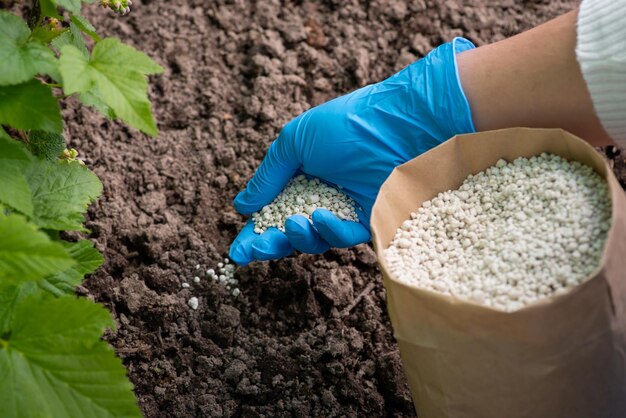In recent years, there has been a growing awareness of the importance of sustainable agricultural practices, particularly in enhancing soil health. Biofertilizers, natural fertilizers containing living microorganisms, offer a promising solution for South African farmers looking to improve soil fertility and crop productivity without the adverse effects of chemical fertilizers. This article explores the benefits of biofertilizers, their application, and best practices for South African farmers.
What Are Biofertilizers?
Biofertilizers are substances that contain living microorganisms, such as bacteria, fungi, or algae, which promote plant growth by increasing the availability of nutrients in the soil. These microorganisms can enhance soil health by:
- Fixing Nitrogen: Certain bacteria, like Rhizobium and Azotobacter, can convert atmospheric nitrogen into a form that plants can use, reducing the need for synthetic nitrogen fertilizers.
- Solubilizing Phosphorus: Fungi like mycorrhizae and bacteria such as Pseudomonas help dissolve phosphorus in the soil, making it more accessible to plants.
- Decomposing Organic Matter: Biofertilizers accelerate the breakdown of organic matter, enriching the soil with essential nutrients and improving soil structure.
Benefits of Biofertilizers
- Improved Soil Fertility: By enhancing nutrient availability, biofertilizers can significantly boost soil fertility, leading to healthier plants and higher yields.
- Environmental Sustainability: Biofertilizers are environmentally friendly, reducing chemical inputs and the associated risks of soil and water pollution.
- Soil Structure Improvement: The application of biofertilizers can enhance soil structure, promoting better aeration and water retention.
- Enhanced Crop Resistance: Some biofertilizers can improve plants’ resilience to diseases and pests, reducing reliance on chemical pesticides.
- Cost-Effectiveness: Utilizing biofertilizers can lead to cost savings for farmers, as they reduce the need for chemical fertilizers and promote sustainable farming practices.
Types of Biofertilizers
South African farmers can choose from various types of biofertilizers based on their specific soil and crop needs:
- Nitrogen-Fixing Bacteria: Such as Rhizobium (for legumes) and Azospirillum (for cereals).
- Phosphate-Solubilizing Bacteria: Like Bacillus and Pseudomonas, which help make phosphorus available to plants.
- Mycorrhizal Fungi: These fungi form symbiotic relationships with plant roots, enhancing nutrient uptake, especially phosphorus.
- Organic Matter Decomposers: Such as Trichoderma, which helps decompose organic materials, enriching the soil.
How to Apply Biofertilizers
- Soil Testing: Before applying biofertilizers, conduct a soil test to determine nutrient deficiencies and the appropriate type of biofertilizer needed.
- Application Timing: Apply biofertilizers during soil preparation or at planting time to maximize their effectiveness. For established crops, they can be applied at the root zone.
- Mixing and Dilution: Follow the manufacturer’s instructions for mixing and dilution. Biofertilizers can often be mixed with water or combined with organic matter before application.
- Watering: After applying biofertilizers, ensure adequate watering to activate the microorganisms and facilitate their establishment in the soil.
Challenges and Considerations
While biofertilizers offer many advantages, farmers should be aware of potential challenges:
- Microbial Viability: Ensure that the biofertilizers are stored and handled properly to maintain the viability of the microorganisms.
- Compatibility: Not all biofertilizers are compatible with chemical fertilizers or pesticides. Consult with suppliers about proper use in conjunction with other inputs.
- Time for Effectiveness: The effects of biofertilizers may take longer to manifest compared to chemical fertilizers, so patience and consistent application are essential.
Biofertilizers present a sustainable and effective way for South African farmers to enhance soil health and improve crop productivity. By integrating biofertilizers into their farming practices, farmers can promote environmental sustainability while achieving better yields. As the agricultural landscape continues to evolve, embracing biofertilizers can help farmers navigate challenges and contribute to a healthier ecosystem. With proper knowledge and application, biofertilizers can play a vital role in the future of South African agriculture.







